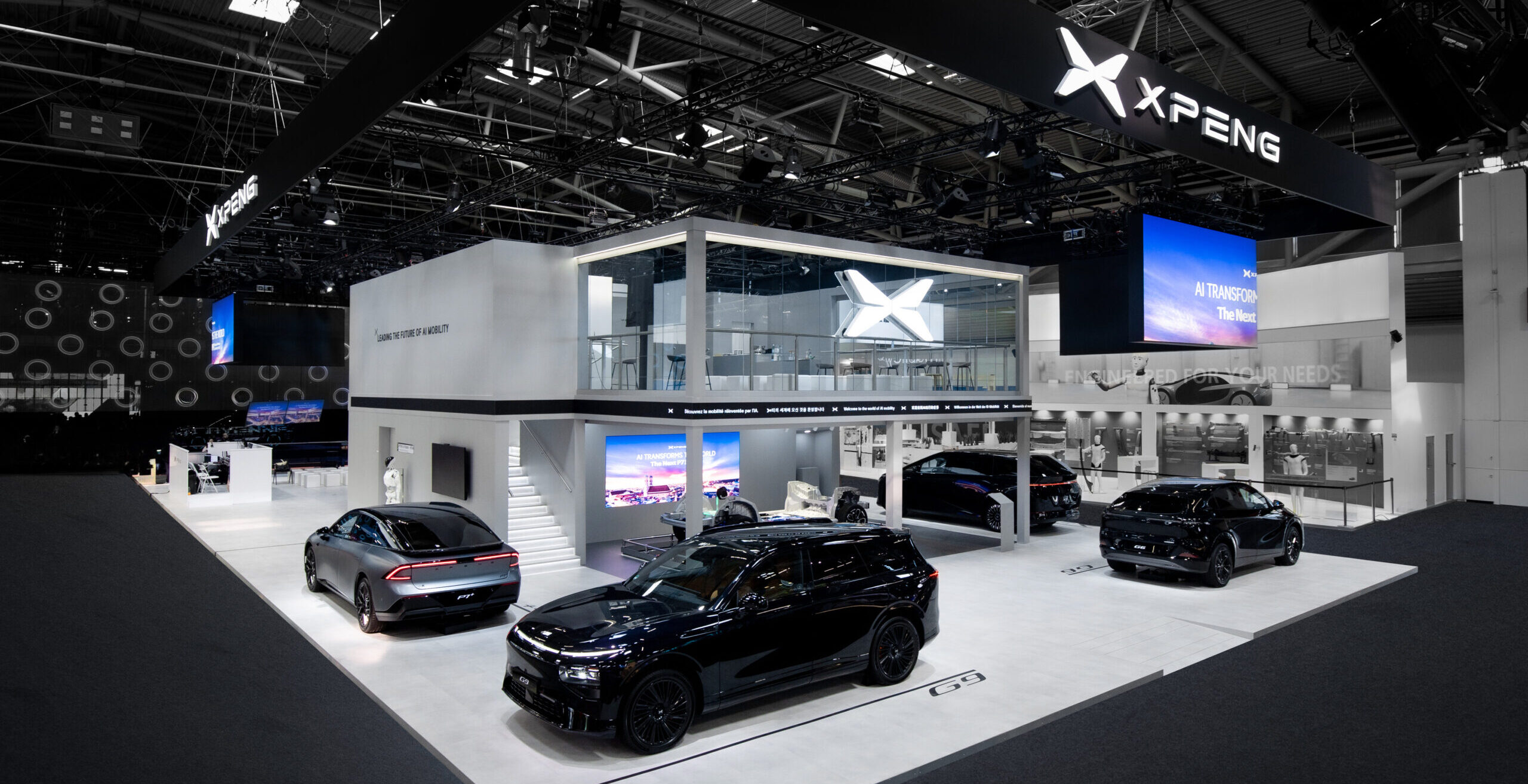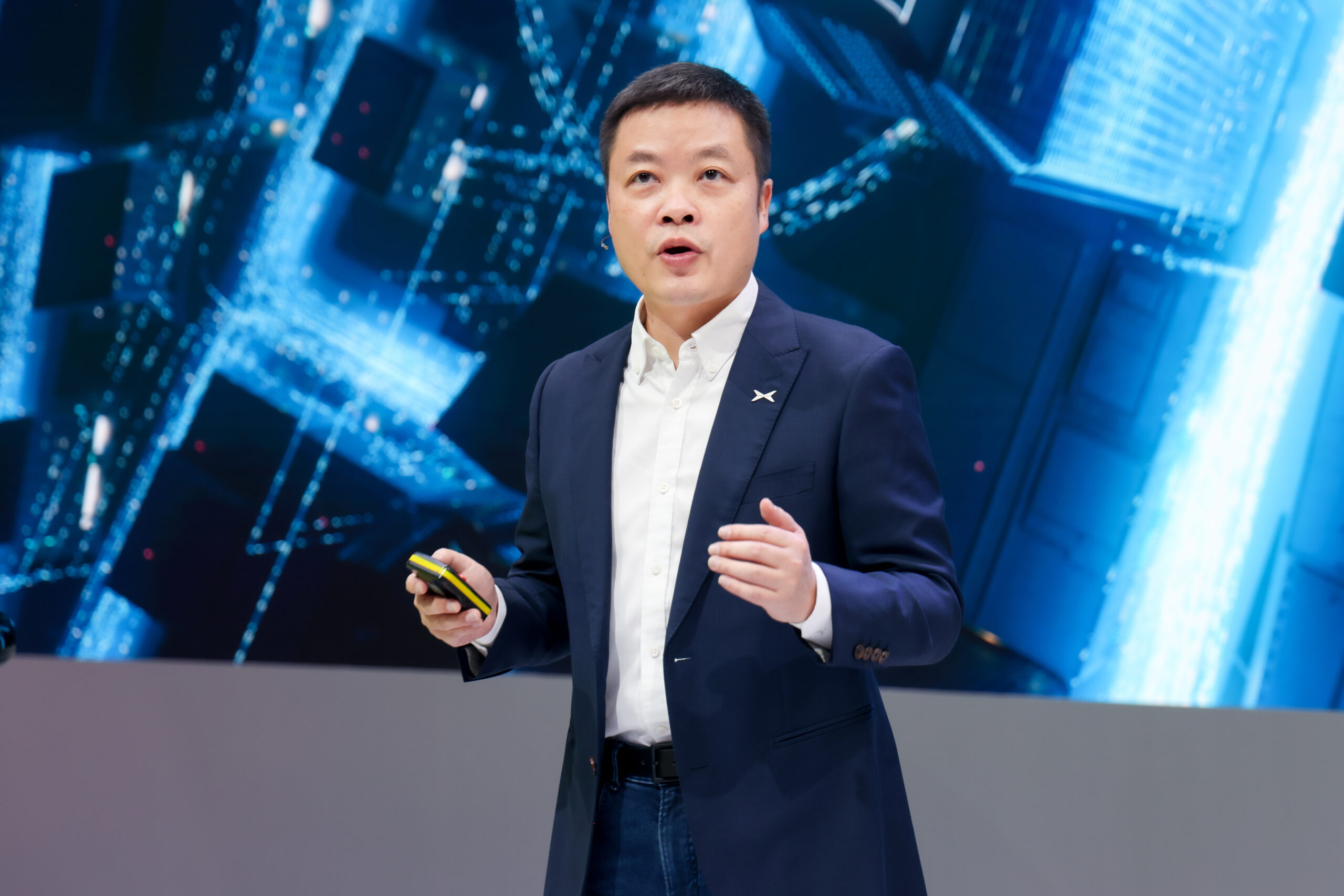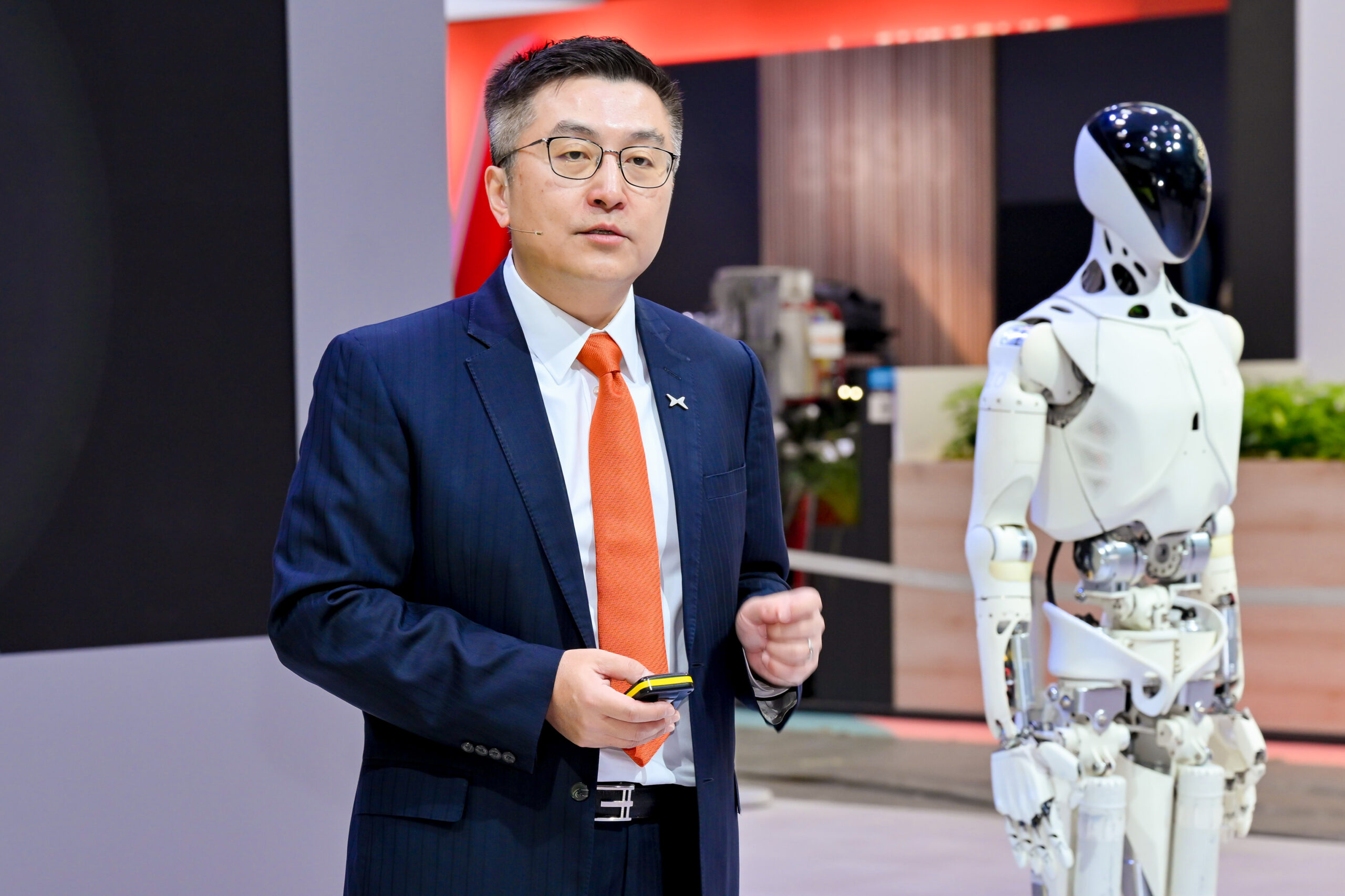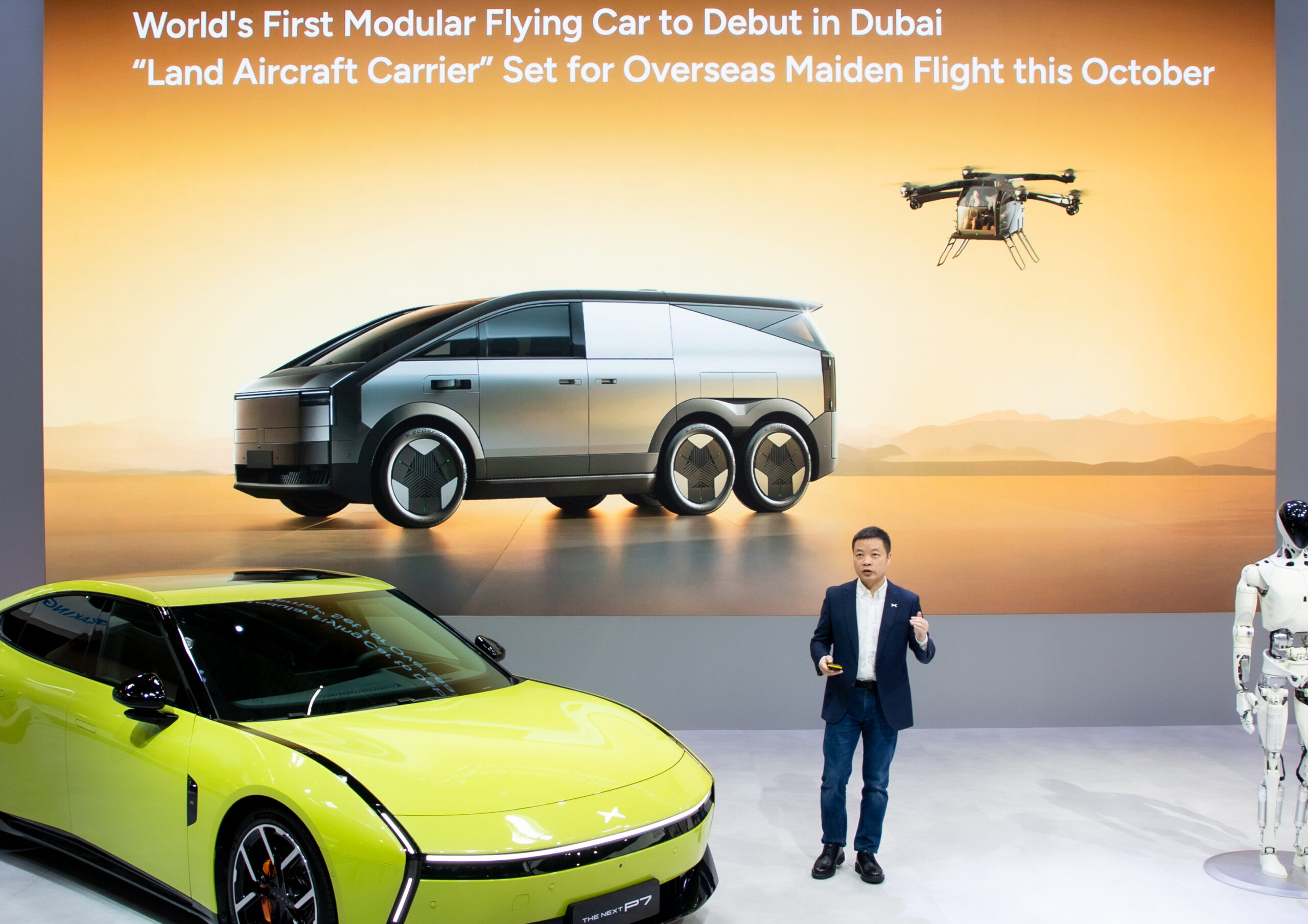XPENG Showcases Its Latest Technology Breakthroughs at IAA Mobility 2025
XPENG has unveiled its latest achievements in leading the future of AI mobility at IAA Mobility 2025. The European debut of the Next P7 showcases the company’s strengths in AI technology, intelligent driving systems, and high-performance engineering, while reflecting its expanding global footprint. Alongside this, XPENG will officially open its Munich R&D Centre in September — its first in Europe — to innovate future AI mobility and engage closely with European users.
XPENG’s presence at IAA Mobility reflects this ambitious mission. Whereas in the past vehicles were mainly mechanical, XPENG is built with AI in its DNA. This unique foundation defines its role as an explorer of future mobility: to create technology that transforms how millions of people live and move, through AI-powered vehicles, humanoid robots, and even flying cars.
“With the Next P7, we are demonstrating to users around the world how AI can transform the car into a warm, intelligent companion,” said Mr. He Xiaopeng, Chairman and CEO of XPENG. “It demonstrates our full-stack, self-developed AI capabilities. XPENG doesn’t just build cars, we are creating smart and sustainable mobility experiences for global users. The new Munich R&D centre demonstrates our strong commitment to creating these experiences together with Europe, deepening partnerships, driving local innovation, and serving European users with cutting-edge mobility solutions.”


Building on this rapid growth, Dr. Brian Gu, Vice Chairman and President of XPENG, emphasised the company’s global strategy: “Since our first appearance at IAA Mobility in 2023 as an emerging Chinese EV brand, XPENG has returned in 2025, having quickly grown into the world’s sixth-largest EV player. We now serve users in over 46 markets and will continue expanding globally, delivering innovative products and smart technologies to help accelerate the shift to sustainable mobility.”
The European market plays an important role in XPENG’s efforts to accelerate its global growth, and the company is making significant investments in the market. XPENG will open its first European research centre in Munich in September. As its ninth global R&D hub — joining Silicon Valley and San Diego — the Munich centre will enable XPENG to get closer to European users and ensure their needs are reflected in its future mobility innovations.
The highlight of the line-up is the Next P7, a ground breaking sports sedan that combines original and futuristic design, supercar-level performance, and unmatched endurance. Under the hood, it delivers 593 PS, accelerates from 0–100 km/h in 3.7 seconds, and reaches 230 km/h. It also set a new benchmark for EV durability, covering 3,961 km in 24 hours—an endurance record for mass-produced electric vehicles.

XPENG is also redefining the skies. Its flying car subsidiary, XPENG AEROHT, has dedicated 12 years to R&D and iterated seven generations of prototypes. This October, it’s “Land Aircraft Carrier” — the world’s first modular flying car — will make its maiden international flight in Dubai. With 5,000 pre-orders, its mass production is expected by late 2026, potentially positioning AEROHT as the world’s largest flying vehicle company.
Beyond cars and flying vehicles, XPENG has been extending AI mobility into robotics. Its revolutionary humanoid robot, IRON — developed over five years and through six generations — is now undergoing training in factory settings and is expected to enter mass production in 2026. Meanwhile, the company’s next-generation humanoid robot is set to launch in the fourth quarter this year.
